Manipal, Oct 16: Over 5,500 staff and students of Manipal University and Kasturba Hospital Manipal participated in a mammoth hand-washing event to create a world record on Saturday.
Over 2,500 were part of the hand sanitization programme held from 7am to 6pm at the Marena Sports Complex. The hand-washing relay will go into the early hours of Sunday. October 15 is dedicated as Global Hand-washing Day.
The existing record of 1,711 persons was set by Apollo Hospital, New Delhi. Dr HS Ballal, pro-chancellor, Manipal University, inaugurated the event.
The aim is to create awareness on 'Make Hand-washing a Habit!' and reduce hospital acquired infection, said Dr (Col) M Dayananda, medical superintendent and COO, Manipal Hospital.
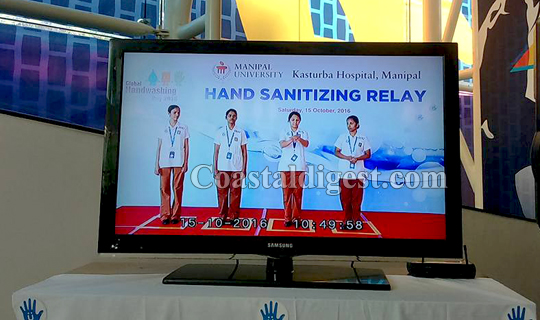
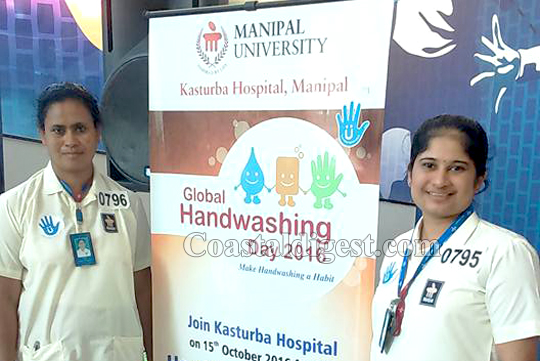
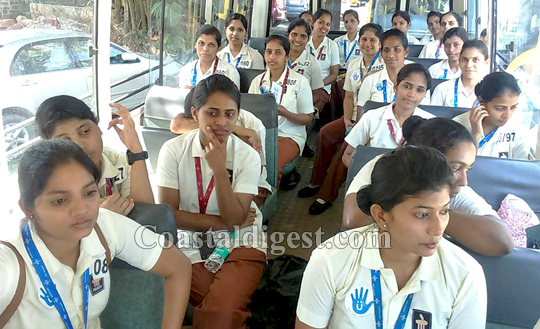
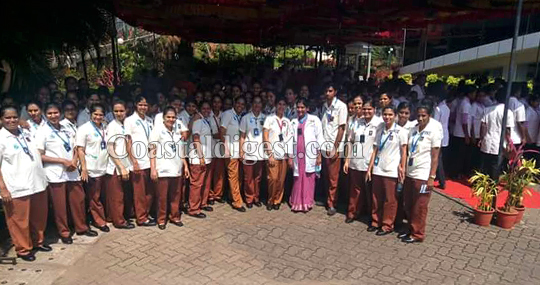



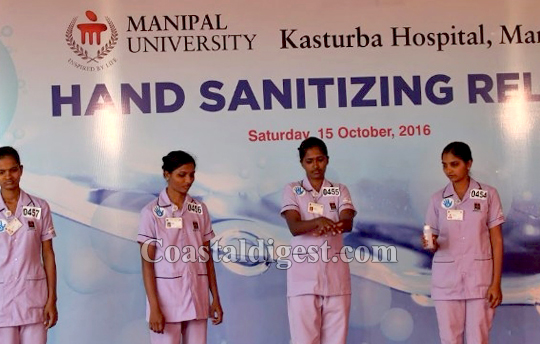
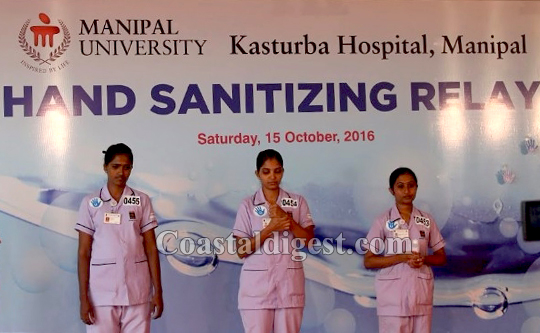
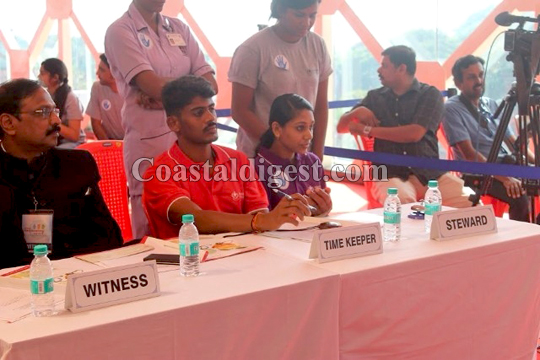
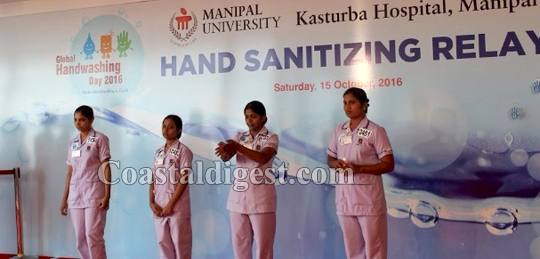
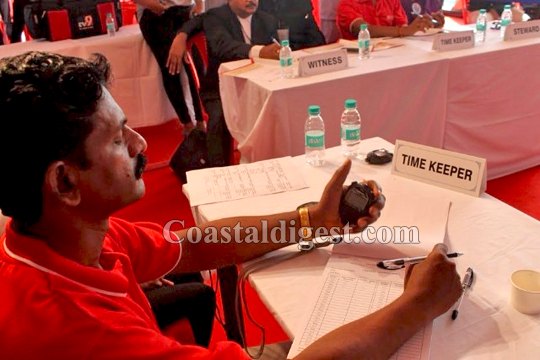
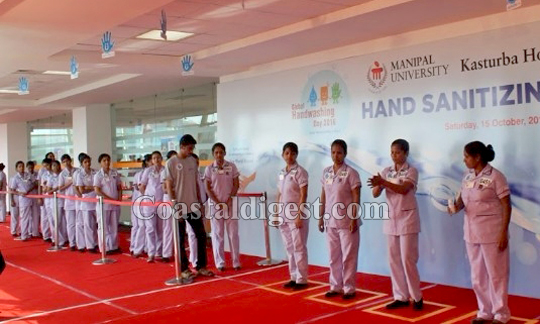
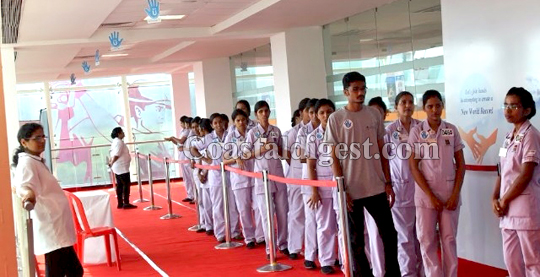
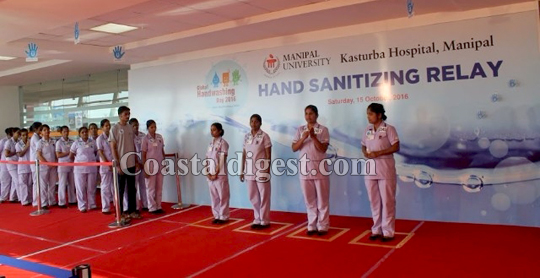



Comments
Naren Kotian Avare, Neevu Madarasadalli Jihadigalu brain wash madthare antha heliddiralla... Omme madarasakke beti need alli enu kalistharentha node..... ellarigooo yavaa madarasakoo svagatha...
summane bere bere communityannu dooruvudakkintha thamma thamma communitiyannu sari padisali prayathinisi.
Hand wash okay ...jihadigalu brain wash madrasa dalli madtharalla adanna sanitize madokke Israeli sanitizer bandidyanthe howda...haha
Do they clean themselves regularly after using toilet? I think may be 5 percent.
what's there for record in that? i do everyday handwash.
Add new comment